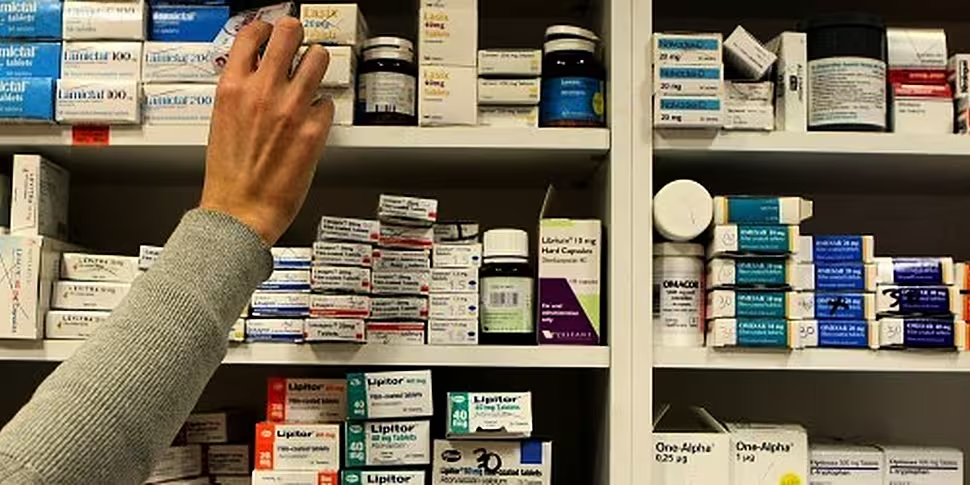The World Health Organisation (WHO) says there is a "serious lack" of new antibiotics being developed.
The agency has warned the world is running out of antibiotics.
A report says most of the drugs currently in the clinical pipeline are "modifications of existing classes of antibiotics" and are only short-term solutions.
It found there are very few potential treatment options for antibiotic-resistant infections which pose the greatest threat to health.
This includes drug-resistant tuberculosis, which kills around 250,000 people each year.
Dr Tedros Adhanom Ghebreyesus is director-general of the WHO.
"Antimicrobial resistance is a global health emergency that will seriously jeopardize progress in modern medicine.
"There is an urgent need for more investment in research and development for antibiotic-resistant infections including TB, otherwise we will be forced back to a time when people feared common infections and risked their lives from minor surgery."
Source: WHO
The WHO has also identified 12 classes of priority pathogens - some of them causing common infections like pneumonia or urinary tract infections - that are increasingly resistant to antibiotics and urgently need new treatments.
The report says there are 51 new antibiotics and biologicals in development to treat antibiotic-resistant pathogens.
But it says that among all these candidate medicines, only eight are classed by the WHO as "innovative treatments" that will add value to the current ones.
"Pharmaceutical companies and researchers must urgently focus on new antibiotics against certain types of extremely serious infections that can kill patients in a matter of days because we have no line of defence," says Dr Suzanne Hill, director of the Department of Essential Medicines at WHO.
To counter this threat, WHO and the Drugs for Neglected Diseases Initiative (DNDi) set up the Global Antibiotic Research and Development Partnership (GARDP).
Earlier this month Germany, Luxembourg, the Netherlands, South Africa, Switzerland, the UK and the Wellcome Trust pledged more than €56m for this work.
However the WHO says the new treatments alone will not be enough to combat the threat of antimicrobial resistance.
"WHO works with countries and partners to improve infection prevention and control and to foster appropriate use of existing and future antibiotics.
"WHO is also developing guidance for the responsible use of antibiotics in the human, animal and agricultural sectors", the agency adds.










